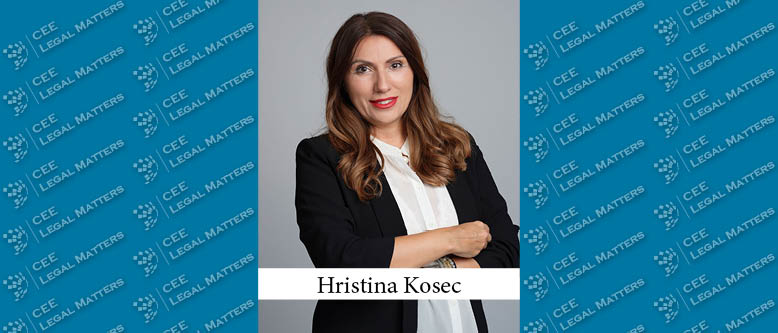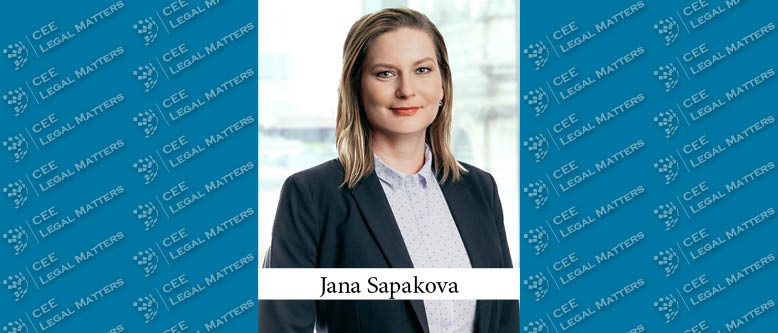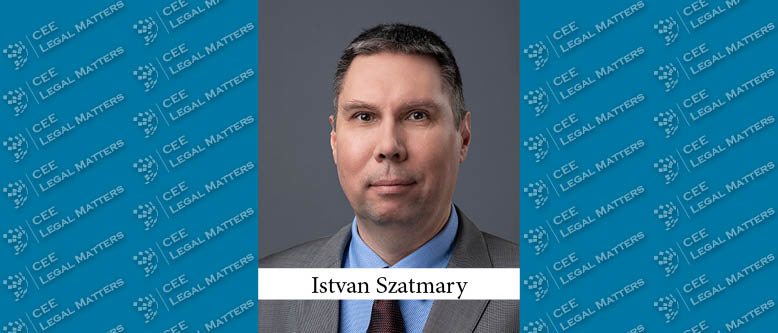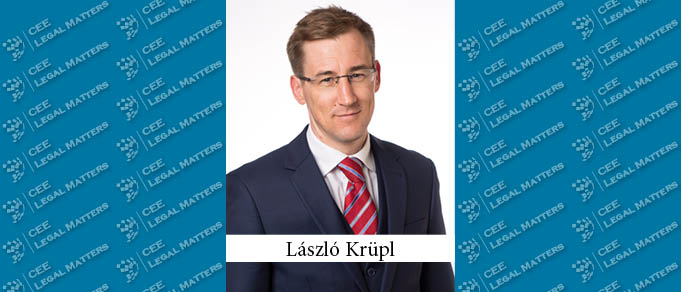The relationship between the Czech Republic and Slovakia is forged on a shared history and close economic ties. As the two countries maintain strong trade relations and extensive cross-border business activities, legal firms have recognized the need to establish a presence in both jurisdictions. Havel & Partners Managing Partner Jaroslav Havel, BPV Braun Partners Managing Partner Arthur Braun, and Eversheds Sutherland Managing Partner Bernhard Hager talk about the ties that bind the two legal landscapes.
Still In High Gear: Slovakia’s Automotive Sector
Despite concerns over automotive suppliers relocating due to geopolitical tensions, the automotive sector in Slovakia has remained resilient. The sector continues to be the backbone of the economy, with tax revenues and employment surpassing other industries, although challenges do exist. Ruzicka & Partners Managing Partner Jaroslav Ruzicka, Wolf Theiss Counsel and Head of Corporate/M&A Bruno Stefanik, and Cechova & Partners Head of Automotive Practice Michal Simunic take a closer look at the status of the sector.
Modern Powerhouse: Greek Renewable Energy Market
Over the past decade, the Greek renewable energy market went through an accelerated expansion. AKL Law Firm Partner Kostas Fatsis, Bahas, Gramatidis & Partners Partner Nassos Felonis, Moussas & Partners Managing Partner Nicholas Moussas, and Metaxas & Associates Associate Alexandra Kornilaki delve into the primary catalysts and the sector’s outlook.
The Ops Partner: Gecic Law’s Head of Operations Hristina Kosec Makes Partner
In a move that might appear unconventional for CEE legal markets, Belgrade-based law firm Gecic Law elevated its Head of Operations Hristina Kosec to Partnership. While a lawyer by education, Kosec’s career up to this point has not exactly been a typical lawyer’s one.
Healthcare in Serbia: From Public to Private
The Serbian private healthcare sector – including private healthcare providers and pharmacies – has been on a steady incline over the past several years. BDK Advokati Senior Partner Vladimir Dasic, Prica & Partners Partner Tijana Lalic, and Karanovic & Partners Senior Partner Marjan Poljak take a deep dive into what makes the sector tick and grow.
Sharing Wisdom Is Caring: Eversheds Sutherland’s Customized In-House Trainings
Eversheds Sutherland’s Bratislava office has expanded its offering with an additional line of service – customized in-house trainings. Counsel Jana Sapakova talks about these new trainings.
Go (Safe) Big or Go Home: PE in CEE
While international private equity players still dominate blockbuster deals in CEE, locals and regional players are gaining more and more ground – especially in terms of volume. PRK Partners Co-Head of Corporate and M&A Practice Group Milan Sivy, Tuca Zbarcea & Asociatii Managing Partner Gabriel Zbarcea, and Avellum Managing Partner Mykola Stetsenko provide an in-depth analysis of the PE landscape in the Czech Republic, Romania, and Ukraine.
The Corner Office: Partnership Tracks
In The Corner Office, we ask Managing Partners at law firms across Central and Eastern Europe about their backgrounds, strategies, and responsibilities. As key steps, requirements, and timeline for becoming a Partner may vary from firm to firm, this time we asked: Does your firm have a formal Partnership Track and if yes, what does it involve?
Compliance and the In-House Legal Function
Are compliance teams a necessary evil or effective facilitators of business success? At the CEE Legal Matters GC Summit held in Istanbul, legal experts from across Europe discussed how to best foster a culture of compliance and ethics in order to benefit businesses, as well as why multidisciplinary knowledge and an agile approach are crucial for compliance teams.
Guest Editorial: The First (?) Victim
Not even half a year has passed since ChatGPT’s AI-supported chatbot started its public career in the online space and we have already heard of the first (?) lawyer who got in trouble in court for using AI to do background research. For those who missed the story, the chatbot “created” some fake case law examples, and upon several follow-up questions, the AI even confirmed that the cases were real. The references to these cases were then submitted to a US court where it quickly became clear that the cases never existed. Apart from the procedural problems this caused for the lawyer involved, this was an eye-opener for many in the legal industry.
Seizing Opportunities in Serbia: An Interview with Petar Orlic and Branko Jankovic of NKO Partners
Petar Orlic and Branko Jankovic of NKO Partners sat down with CEE Legal Matters to talk about their unique paths to Partnership at the firm and share insights. Petar, who recently made the transition from London to Serbia in pursuit of new opportunities, shares his excitement about the vibrant and energetic business climate in the CEE region, while Branko, who rapidly ascended to the position of Partner at NKO, offers valuable tips on professional growth and the importance of staying open-minded and continuously learning.
Moldova’s Long Way Home
On June 23, 2022, the European Council granted Moldova the status of candidate country for EU accession. ACI Partners Legal Manager Carolina Parcalab, Bivol Sotchi & Partners Managing Partner Inna Sotchi, Efrim Rosca si Asociatii Managing Partner Oleg Efrim, and Gladei & Partners Managing Partner Roger Gladei explore the recent changes in Moldova resulting from its new status.
The War Around the Corner: Challenging Moldova’s Economy
With the ongoing war in neighboring Ukraine, Bivol Sotchi & Partners Founding Partner Andrei Bivol, Gladei & Partners Partner Iulian Pasatii, and Efrim Rosca Asociatii Managing Partner Oleg Efrim look at how the conflict has affected Moldova’s economic growth.
The Corner Office: The Next Booming Practice
In The Corner Office, we ask Managing Partners at law firms across Central and Eastern Europe about their backgrounds, strategies, and responsibilities. With the first quarter of 2023 wrapped up, we turned to the future and asked: In which practice area do you expect the most growth – in terms of work volume – in the next 12 months?
CEELM Top 10: Most-Read Briefings
The CEELM Top 10 series looks back over the past ten years and celebrates the milestones we have achieved together. First up: most-read Briefings, with each article featuring a short description reflecting the authors’ opinion at the time.
Tech Sector Focus: The Growing Impact of the ESG-Driven Data Race
With ESG gradually coming into focus, companies, industries, and whole countries are looking to the TMT sector for guidance. CMS Ukraine Partner Olga Belyakova and CMS Bosnia and Herzegovina Counsel Sanja Voloder share their insights.
Guest Editorial: What I Love About the CEE Region
Congratulations to CEE Legal Matters on its ten-year Anniversary. It’s an impressive feat, and it exemplifies what I love about the CEE region – if you can dream it, you can do it!
Editorial: Puttin’ On the Ritz
Where: Why in Istanbul, of course. The size of a couple of New Yorks, Istanbul is one metropolis that made the right decision on urban wildlife. Mice and rats can be unseemly and dangerous, and dogs tend to leave a mess in the middle of the street. Cats, on the other hand, are clean, take care of the rat problem, are reasonably well-behaved, and are just exceedingly cute. Well done, Istanbul!

































